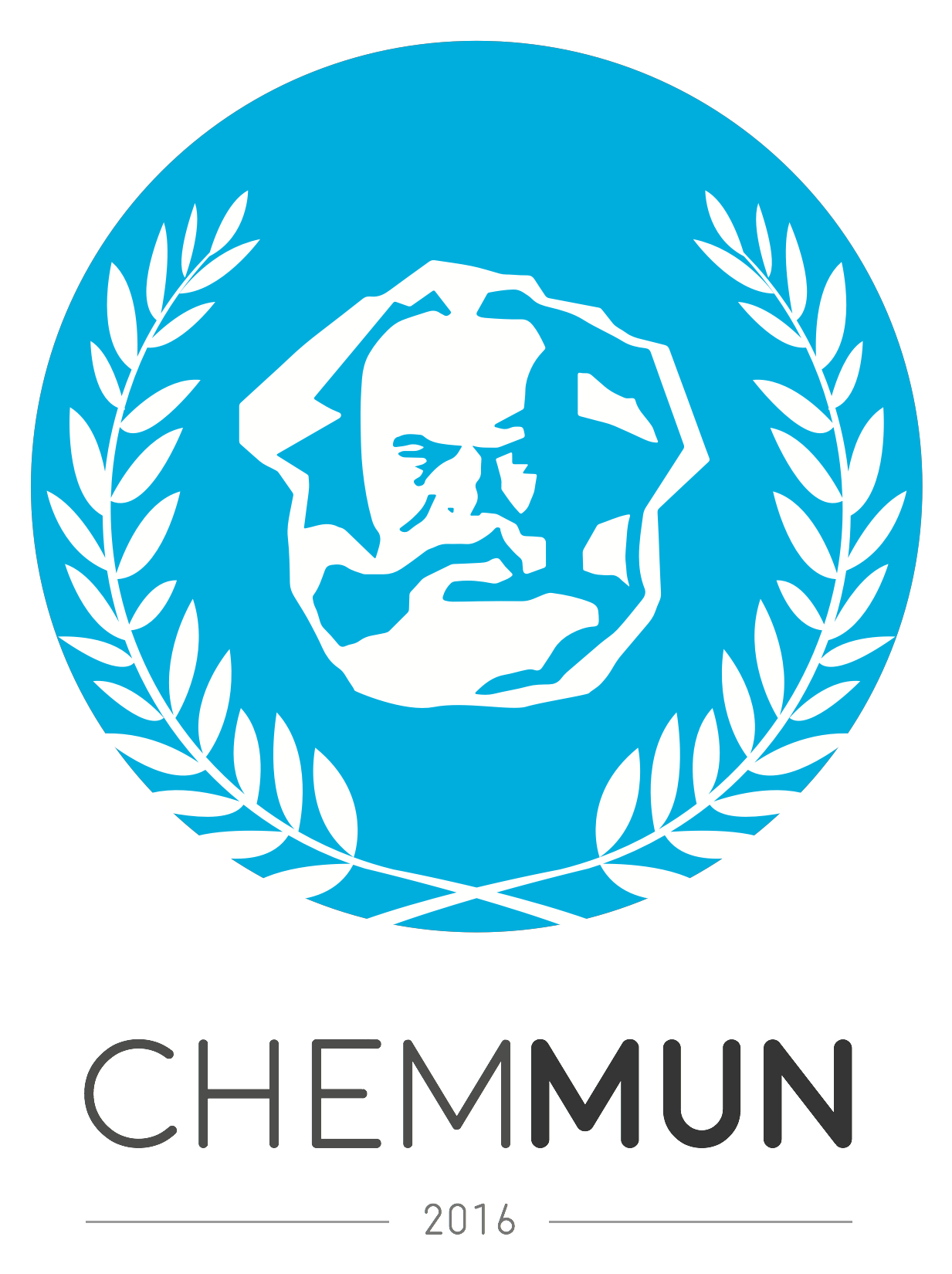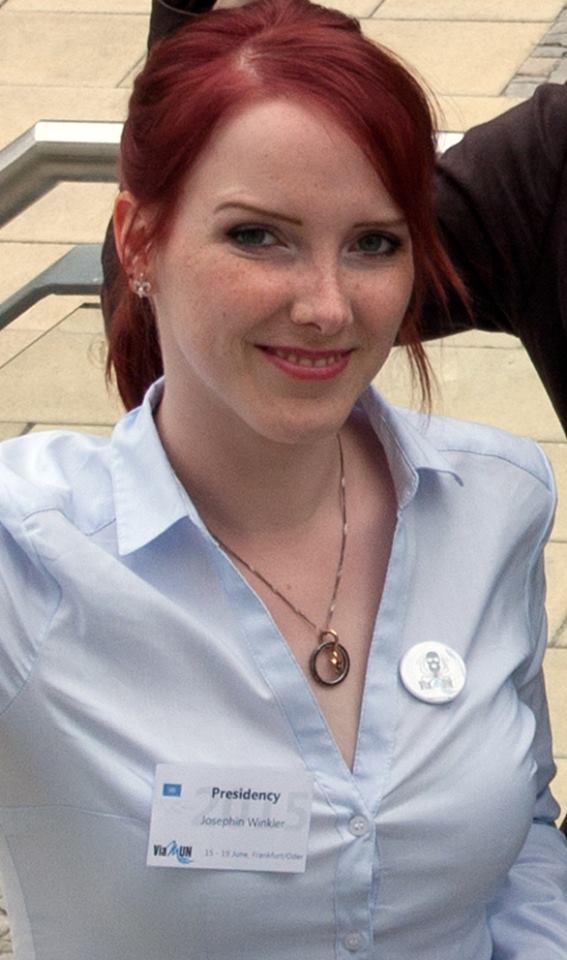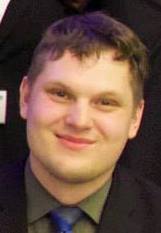General Assembly
Level: Beginners
Number of Delegates: 35
Topic 1: Launching the Rocket for Renegotiation – A new Code of Conduct for Outer Space Activities
Topic 2: Agenda 2030
Chairs: Josephin Winkler and Jan-Ole Kaevel
The General Assembly of the United Nations
Outlined under Chapter IV of the UN Charter, the General Assembly was established in 1945. As it comprises all 193 UN member states, it provides a unique forum for multilateral discussion of the full spectrum of international issues covered by the Charter.
It is the UN organ which is responsible for setting standards of international law: it discusses and recommends on the general principles of cooperation for maintaining international peace and security. When currently not treated by the Security Council, the General Assembly may as well make recommendations on a situation or dispute to maintain friendly relations among nations.
Furthermore, it can initiate studies and make recommendations to promote international political cooperation, the development and codification of international law as well as the realization of human rights and fundamental freedoms. Other fields of interest comprise the international collaboration in the economic, social, humanitarian, cultural, educational and health.
As UN of course needs money, the General Assembly decides upon a budget and the shares of individual member states. Last but not least, it elects the non-permanent members of the Security Council and the members of other councils and organs. On the recommendation of the Security Council, it appoints the Secretary-General.
Apart from special meetings, the General Assembly convenes annually.
Launching the Rocket for Renegotiation – A new Code of Conduct for Outer Space Activities
Not only globally, but also “supra-globally” there are recent developments giving reason for international intermezzos: activities in Outer Space. Growing numbers of states benefit from space and use valuable technical equipment. However, that leads to the crowding of satellites and a growing saturation of the radio-frequency spectrum. The equipment also is threatened by destructive collisions for example with space debris. Although there already is a legal framework regarding Space, some basics still need to be agreed upon.
In 2008, Secretary General Ban Ki-Moon requested concrete ideas for Transparency and Confidence-Building Measures in Space. EU reacted by drafting an “International Code of Conduct for Outer Space Activities” in 2008. After several rounds of free negotiations with all interested states, a revised Code was issued in 2014.
The latest negotiations in July 2015 in New York led to no agreement and are seen as failure. Different states expressed several concerns, esp. regarding the security sector: Is there a loop hole for space weapons in the stance about self-defence? Is the Code even able to prevent an arms race?
However, the Code of Conduct has never been on the agenda of the UN General Assembly which might lead to more positive negotiation results – there, it is also possible to introduce a new Code instead of the EU proposal…
Agenda 2030
Sustainable Development and the challenges posed by a growing human population have only recently become a topic for the UN and its members. Although humans tried to balance their needs and the need to preserve their environment for a long time, the growing industrialization and its need for more resources and the wish to achieve better standards of living in developing countries have put those two goals at odds with each other.
As the wish for economic growth and therefore the exploitation of natural resources increased, the view that mankind must find a way to use these resources responsibly and in a way that would benefit future generations was heard more often. In 1987 the World Commission on Environment and Development (WCED) published its report “Our Common Future”, which aimed to conclusively link economic development and ecological sustainability. Known as the “Brundtland Report” after the chairwoman of the WCED, it was one of the first documents to link economic development and sustainability and pointed out that many of the challenges faced are mutually dependent and that environmental sustainability needs to involve social equity as well.
Today, the need to combine a sustainable and responsible use of natural resources with the economic growth of humanity is being discussed frequently and to a great extent. Several international treaties have been drafted and signed and countries around the globe are dealing with the challenges posed by the ongoing exploitation and its consequences. Some counties are trying to minimize the damage they are dealing to the environment whilst others are looking foremost for ways to improve the lives of their citizens.
Combining these two goals and enabling all humans –those living and those not born yet- to enjoy economic prosperity while maintaining ecological diversity and protecting the environment is one of the greatest tasks that lies ahead of us…
The Chairs
Josephin Winkler
 During my time at the European University Viadrina in Frankfurt (Oder), where I studied Cultural Sciences in my Bachelor, I was an active member of ViaMUN e.V. and chief organizer of our small but nice ViaMUN conferences in 2014 and 2015. It should not come as a surprise that my first delegate’s experience was at ViaMUN 2013, but I also participated in the 2014 edition. Eventually, I gathered my first chairing experience at ViaMUN 2015 – I learned from the best as I was taught by the marvellous Marcus Dörfel, our Secretary General ;)
During my time at the European University Viadrina in Frankfurt (Oder), where I studied Cultural Sciences in my Bachelor, I was an active member of ViaMUN e.V. and chief organizer of our small but nice ViaMUN conferences in 2014 and 2015. It should not come as a surprise that my first delegate’s experience was at ViaMUN 2013, but I also participated in the 2014 edition. Eventually, I gathered my first chairing experience at ViaMUN 2015 – I learned from the best as I was taught by the marvellous Marcus Dörfel, our Secretary General ;)After a long summer and participation in BerlInMUN 2015, I moved to Magdeburg, where I started my Master programme in Peace and Conflict Studies. Apart from living for my studies, I cherish every kind of fantasy genre thingies and activities. As Chairs also just have fluffy unicorn hearts, I will gladly chatter with you in coffee breaks and evening activities about MUN, GoT, LotR, etc.!
Jan-Ole Kaevel
I'm Jan-Ole, 29 years old and until last year I studied History at the University of Hamburg before taking a break, intending to start again in October. 
I've started Model-UNs in 2008 and since then I have participated as delegate and as chair in several national and international Model-UNs. I'm generally rather laid back and unwound, and tend to give more weight to the social parts, but I also see Model-UNs as a way not only to meet new people from all around the globe but to look beyond the confines of my own horizon and to get to know a bit more about what's happening in the world.
In my spare time I read a lot - mostly Fantasy and Science Fiction as well as historical fiction and non-fiction -, do a bit of sport (Jugger, which is a crazy ass game that probably no one knows, although you may find videos on Youtube or Google) and waste way too much time in front of the computer.




